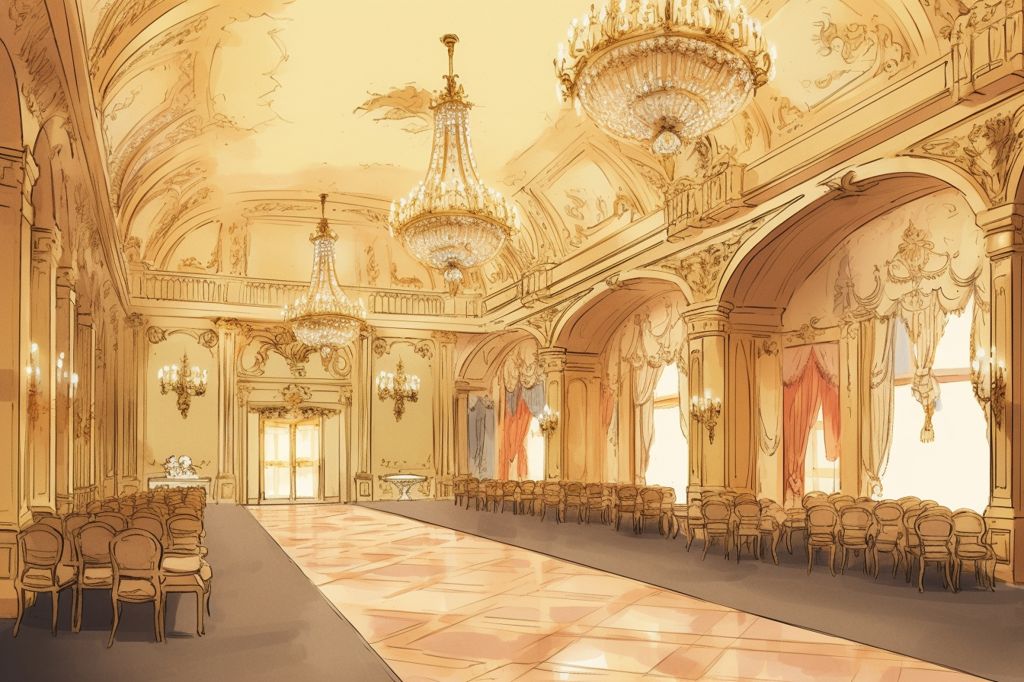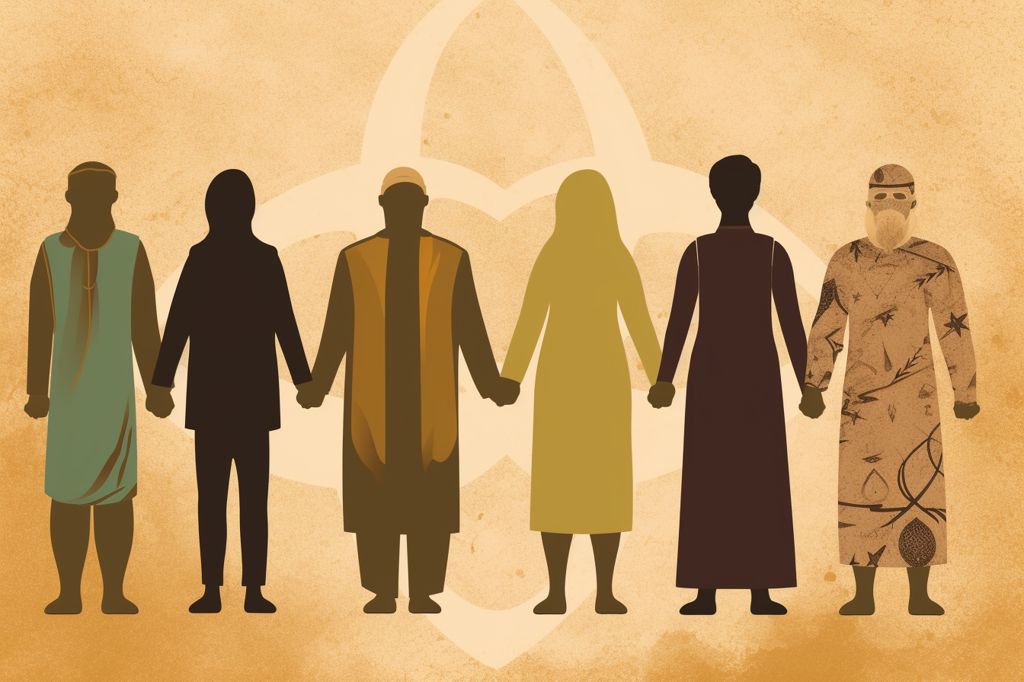The Labia Theatre in Cape Town is a beloved destination for locals and visitors seeking a unique cinematic experience. This intimate and charismatic theatre has firmly established itself as a cinematic treasure, offering a perfect escape for film enthusiasts and couples alike.
History and Character
Established in the 1940s, the Labia Theatre has a rich history and distinctive character that only enhances its enchanting ambiance. An Italian prisoner of war initially designed the theatre, Baron Natale Labia, as a ballroom for his wife, Countess Ida Von Nellmapius. The building’s history as a ballroom is evident in its architecture and atmosphere, giving it an air of nostalgia and charm that is rare and endearing.
Film Selection
The Labia Theatre presents a diverse selection of international films catering to various tastes. The theatre ensures every patron finds something to enjoy, from thought-provoking foreign films and independent productions to classic favorites and blockbuster hits. In addition, they often feature art-house and documentary films, supporting local and international filmmakers alike. This focus on quality and diversity sets the Labia Theatre apart from mainstream cinemas.
Affordability
The Labia Theatre is a haven of affordability for moviegoers, with ticket prices as low as R70. They also offer a prepaid card option, allowing guests to purchase ten tickets for R500 – a savings of R200. These competitive prices make the Labia Theatre an attractive option for those looking to enjoy a movie without breaking the bank.
Unique Layout
The Labia Theatre’s unique layout adds charm, with four separate screening rooms ranging from the original ballroom to intimate 50-, 65-, and 100-seater spaces. These different spaces provide a charming, personal feel far from the cavernous, impersonal halls of modern theaters.
Amenities
The theatre provides patrons with more than just a unique cinematic experience. Their cozy coffee bar serves homemade delicacies, while the chocolate bar offers an array of sweet treats, including popcorn. For a breath of fresh air, patrons can visit the garden terrace or enjoy a drink at the fully licensed bar, all at wallet-friendly prices compared to mainstream theatres.
Special Events
The Labia Theatre hosts special events like themed film festivals, live screenings, and guest speaker engagements. These events allow the theatre to engage with and support the local community and film industry, further bolstering its reputation as a beloved Cape Town institution.
Located at 68 Orange Street in Cape Town, the Labia Theatre is easily accessible and offers convenient booking options via Webtickets. For those seeking an unforgettable cinematic experience with a touch of nostalgia and charm, the Labia Theatre is the perfect destination. With its rich history, diverse film offerings, and affordable prices, this Cape Town gem stands out as a unique and treasured institution that continues to captivate and delight visitors year after year.












